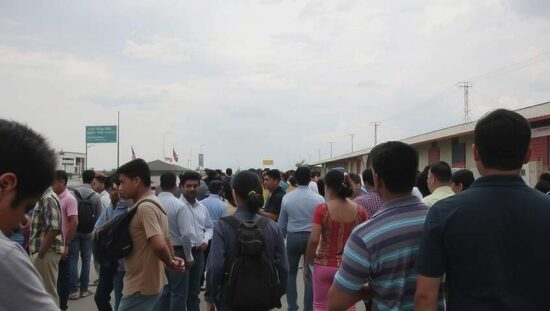Following a security consultation, Prime Minister Benjamin Netanyahu has ordered the Israeli military to initiate “forceful” operations within the Gaza Strip. The directive, announced Tuesday, arrives amidst growing domestic unrest and escalating tensions related to the ongoing hostage crisis and a fragile ceasefire repeatedly undermined by both sides.
The situation is further complicated by a recent revelation that remains repatriated to Israel, initially believed to be those of a hostage, were in fact those of a person already buried since 2023. This error has triggered widespread dismay and fueled criticism of the Israeli government’s handling of the situation, particularly regarding communication and transparency with grieving families. The misidentification underscores the complexities surrounding the identification process and raises questions about the accuracy of intelligence and operational assessments.
Reports of a violent clash between Hamas militants and Israeli soldiers in southern Gaza earlier Tuesday highlight the volatile environment and the persistent risk of renewed large-scale conflict. While Israeli officials frame the escalating situation as a necessary response to Hamas actions, critics argue that Netanyahu’s ordered actions risk destabilizing the region further and jeopardizing any prospects for a lasting peace.
Palestinian sources claim Israeli forces have killed dozens of civilians within Gaza over the past two weeks, accusations Israel has neither confirmed nor denied. According to Hamas, all 28 deceased hostages, in addition to the remaining 20 alive, should have already been transferred to Israel. The failure to do so, regardless of the reason, contributes to a climate of distrust and intensifies the calls for accountability regarding the conditions in which the hostages have been held.
The renewed order for military action underscores the precariousness of the truce and suggests a hardening of the Israeli government’s stance, potentially limiting avenues for negotiation and hindering humanitarian efforts within Gaza. Analysts suggest the move is also politically driven, aimed at bolstering Netanyahu’s standing amidst domestic pressure and criticism related to the hostage ordeal and the broader conduct of the war. The potential for a significant escalation involving ground operations and aerial bombardment looms, carrying severe humanitarian and geopolitical repercussions.





